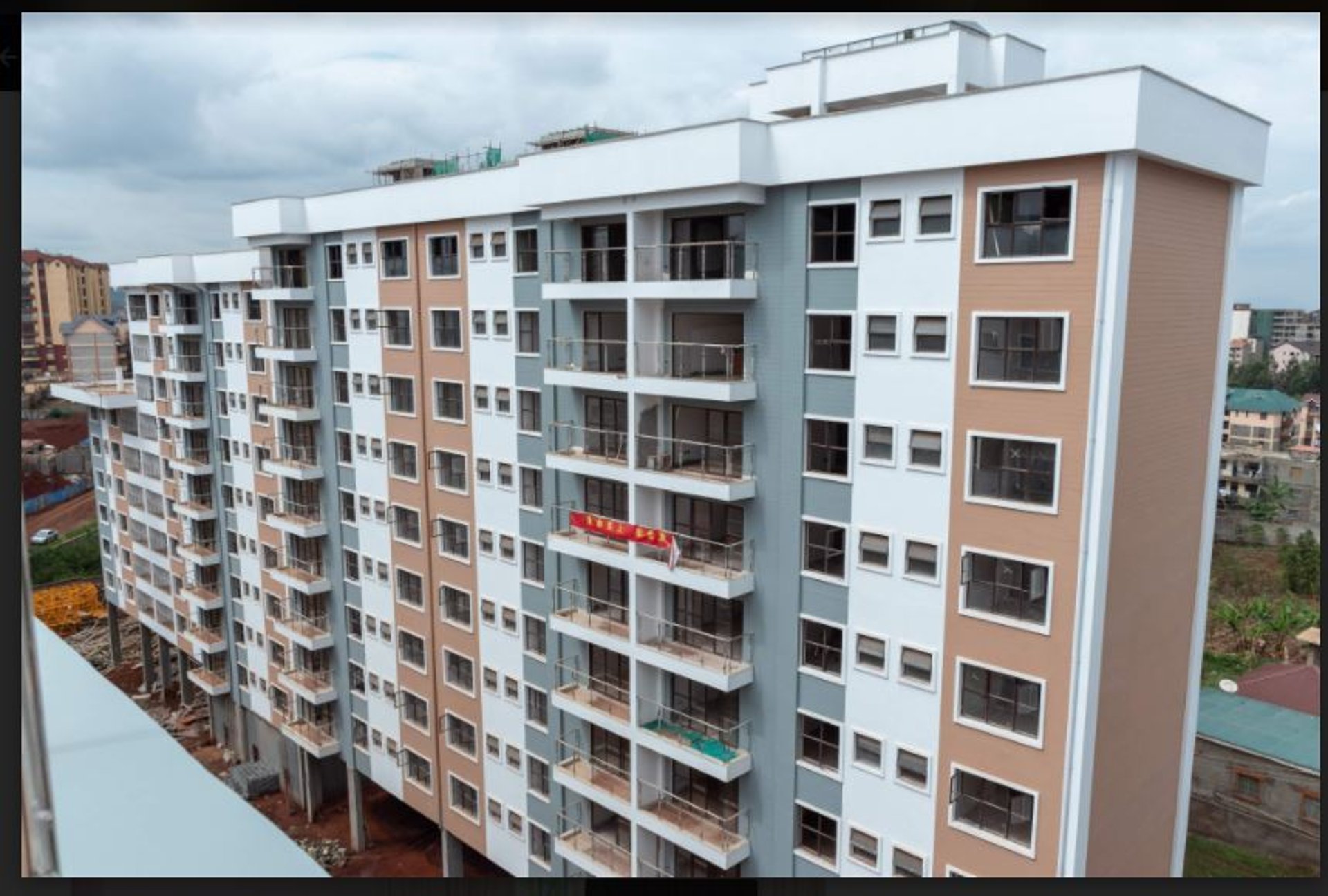The Cytonn Real Estate Sagga
In this Blog Post we go over the issues Cytonn are facing in delivering their highly anticipated projects and what may have led them here.
John G.
2/27/20252 min read

Why Cytonn's Projects Are Failing: A Deep Dive into The Alma in Ruaka
Introduction
Cytonn Investments was once considered a promising player in Kenya’s real estate and investment sector, attracting investors with high-yield projects. However, in recent years, many of its ambitious developments, including The Alma in Ruaka, have faced significant challenges. Investors and homeowners have raised concerns over delays, legal battles, and financial mismanagement. So, what went wrong? This blog explores the key reasons behind Cytonn’s project failures, with a focus on The Alma.
1. Regulatory Non-Compliance
One of Cytonn’s biggest missteps was its failure to comply with Capital Markets Authority (CMA) regulations. The firm aggressively marketed its Cytonn High Yield Fund (CHYF), a real estate-backed investment vehicle that promised lucrative returns. However, regulators found that Cytonn had overexposed the fund to its own real estate projects, violating the requirement for diversification. This led to legal battles and regulatory scrutiny, which ultimately disrupted funding for projects like The Alma.
The CMA’s intervention forced Cytonn to halt further fundraising, restricting its ability to finance ongoing projects. As a result, construction at The Alma and other developments slowed down, leaving investors frustrated.
2. Liquidity Constraints & Overexpansion
Cytonn pursued rapid expansion by simultaneously launching multiple large-scale projects, including The Alma, The Ridge, and Applewood. While this strategy aimed to dominate the real estate market, it put immense strain on the company’s cash flow.
When the economy faced turbulence, particularly during the COVID-19 pandemic, Cytonn found itself struggling to maintain liquidity. The company failed to pay investors in its high-yield funds, leading to further financial distress. Many buyers who had made deposits for The Alma units found themselves in limbo as construction slowed due to funding gaps.
3. Investor Relations & Legal Battles
Unpaid investors, delayed returns, and unmet project completion dates led to multiple lawsuits against Cytonn. Many investors, particularly those who put money into the CHYF, took their complaints to court and even petitioned Parliament to intervene.
The increasing legal battles drained more financial resources and further eroded investor confidence. Potential buyers hesitated to commit to projects like The Alma, fearing they too might face endless delays or financial losses. As a result, the project struggled to generate new sales, which could have helped Cytonn stay afloat.
4. Project-Specific Challenges at The Alma
Beyond Cytonn’s company-wide issues, The Alma in Ruaka faced specific legal and financial hurdles that contributed to its delay.
Preservation Orders: Legal disputes over financing agreements led to preservation orders that restricted project funds.
Delayed Handover: Many buyers who expected to move into their units on time were left stranded as construction stalled.
Unclear Communication: Homeowners and investors frequently complained about the lack of transparency from Cytonn regarding project timelines and financial stability.
Despite reassurances from Cytonn’s leadership, The Alma remains incomplete for many buyers, adding to the frustration of those who trusted the company with their money.
Conclusion
Cytonn’s real estate downfall, particularly at The Alma in Ruaka, is a cautionary tale of overambition, financial mismanagement, and regulatory non-compliance. While the company once promised high returns and premium developments, its failure to manage liquidity, legal issues, and investor relations has left many stakeholders at a loss.
For investors, this situation highlights the importance of due diligence before committing funds to high-yield investment schemes. For the real estate industry, it serves as a lesson in balancing growth with financial prudence. Unless Cytonn can resolve its financial and legal troubles, its projects—including The Alma—may continue to struggle.
Are you an investor or homeowner affected by Cytonn’s projects? Share your thoughts and experiences in the comments below!
Watch this video to learn more about the case with Cytonn's MMF.

